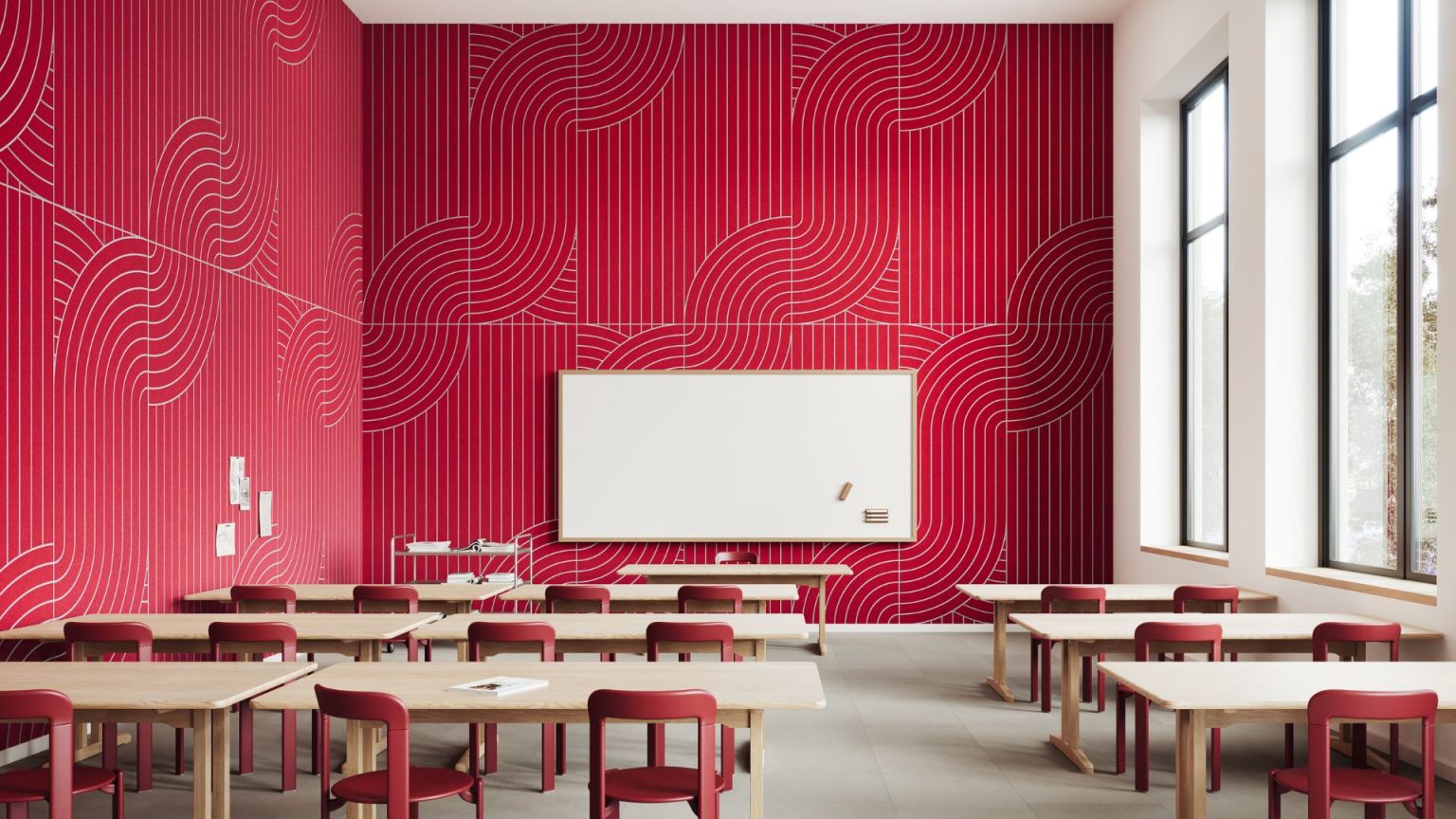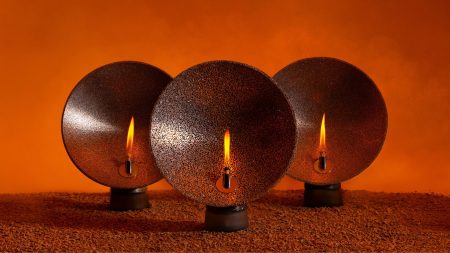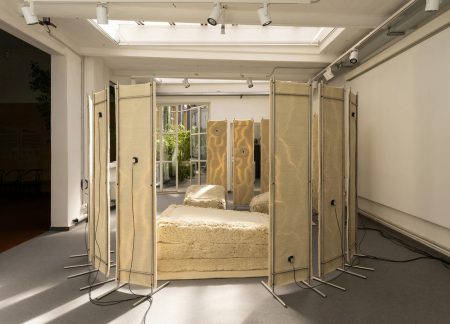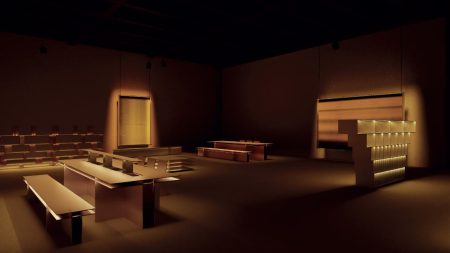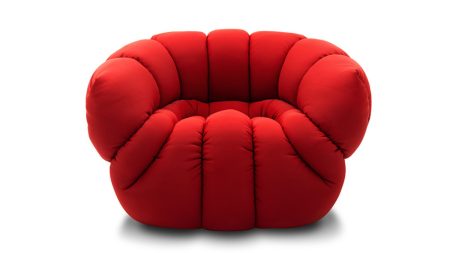Stockholm Design Week 2025 was a vibrant celebration of creativity, innovation, and sustainability that transformed the Swedish capital into a global design hub. Held from February 3 to 9, the event drew visitors from over 100 countries, showcasing cutting-edge design trends and.histogramming the latest thinking in the industry. At its core was the Stockholm Furniture Fair, which ran from February 4 to 8 under the theme “Connecting the Dots.” This year’s fair emphasized the importance of cross-disciplinary collaboration in shaping contemporary design, with British designer Faye Toogood serving as the Guest of Honor. Her exhibition, “Manufracture,” offered a deeply personal and intimate look at her creative process, highlighting her commitment to curiosity, experimentation, and open-mindedness. The fair and the broader design week were characterized by a sense of fearlessness, as designers and brands pushed boundaries, explored unconventional materials, and embraced sustainability as a central tenet of their work.
One of the standout collections at Stockholm Design Week was the X-FELT series by BAUX, developed in collaboration with the design studio Form Us With Love. This innovative line of acoustic panels and tiles is made from ultra-fine, high-quality polyester fibers sourced from GRS-certified PET, eliminating the need for harmful fire-retardant treatments. The layered sandwich construction technique used in X-FELT ensures long-lasting acoustic performance while maintaining a lightweight and compact structure. The collection is not only sustainable but also visually striking, drawing inspiration from the minimalism and harmony of Japanese Zen Gardens. The panels and tiles can be mixed and matched to create unique patterns, and their rich color palette adds an extra layer of customization. X-FELT’s commitment to sustainability extends to its end-of-life cycle, as it can be fully recycled through BAUX’s take-back program or at facilities that process PET materials.
Another notable highlight was Circulus, a revolutionary public seating system designed by Mario Ferrarini for OFFECCT. Dubbed the “never-ending sofa,” Circulus is a masterpiece of sustainable and adaptable design. Its frame is made of durable steel and recycled aluminum, and its upholstery can be easily replaced without the use of glue, staples, or special tools. The sofa’s name, derived from the Latin word for “circle,” reflects its cyclical approach to material use, as it is designed to be fully recyclable at the end of its life. Circulus also offers remarkable versatility, with high and low back options, 74 frame colors, and a wide range of fabrics and upholstery colors. Its elegant design and robust construction make it an ideal choice for public spaces, where durability and aesthetic appeal are equally important.
Kord, a Swedish design brand, made a strong debut at Stockholm Design Week with Cuboid, the world’s smallest power strip featuring three to four outlets, a two-meter cable, and, in the case of Cuboid+, USB-C ports. Designed by Kord’s founders, David Lindell and Gustav Rosén, Cuboid is a testament to the brand’s commitment to challenging expectations and integrating functional design seamlessly into interior spaces. The product’s asymmetric outlet placement gives it a playful and purposeful identity, while its 50% recycled material content underscores Kord’s dedication to sustainability. Cuboid is complemented by accessories like Hidy, a cable management solution made of recycled stainless steel, and Cumulus Case, which transforms the power strip into a sculptural object. Together, these products reflect Kord’s vision of a future where functional design and environmental consciousness go hand in hand.
Among the many remarkable designs showcased at the event was Basking, a sun lounger designed by Thomas Bernstrand for Nola. Characterized by its sleek exterior and meticulously crafted interior, Basking combines comfort and durability with sustainable materials. Its robust construction features smooth aluminum sides and warm wooden slats made from high-quality, domestically-produced pine. The lounger’s even, hard-wearing surface is both aesthetically pleasing and practical, making it an ideal choice for outdoor spaces. Bernstrand, a celebrated designer with a portfolio that includes works exhibited at MoMA and Colette, has long been a key collaborator for Nola, and Basking is another testament to his ability to blend functionality with timeless design.
The event also highlighted the work of Andreas Engesvik, who designed the Pico lounge chair for Fogia. Pico is a masterful balance of lightness, stability, and comfort, with a design that creates the illusion of two inviting cushions floating at a comfortable sitting height. Weighing just 12.3 kilograms, the chair is surprisingly portable, making it an excellent choice for spaces where flexibility is key. Its thin frame, inspired by the Bauhaus and mid-century Scandinavian design traditions, gives it a singular presence, while its armrests, reminiscent of racing bike handlebars, add a touch of playfulness. Crafted by Fogia’s expert artisans, Pico is built to withstand heavy use, and its thoughtful details, such as a tubular steel frame, reflect Engesvik’s deep understanding of design history and his ability to reinterpret it for the modern era.
In addition to these standout pieces, Stockholm Design Week featured a range of other innovative designs, such as the Modular Bookshelf by Les Objets Raymond Raymond, the Vior Collection by NJRD, and sustainable soundscapes by Abstracta x Verk. Each of these works reflected the event’s overarching themes of creativity, experimentation, and sustainability, demonstrating how design can shape a better future. As Stockholm continues to solidify its reputation as a global design capital, Stockholm Design Week 2025 undoubtedly left a lasting impression, inspiring visitors to think differently about the role of design in their lives and the world around them.


